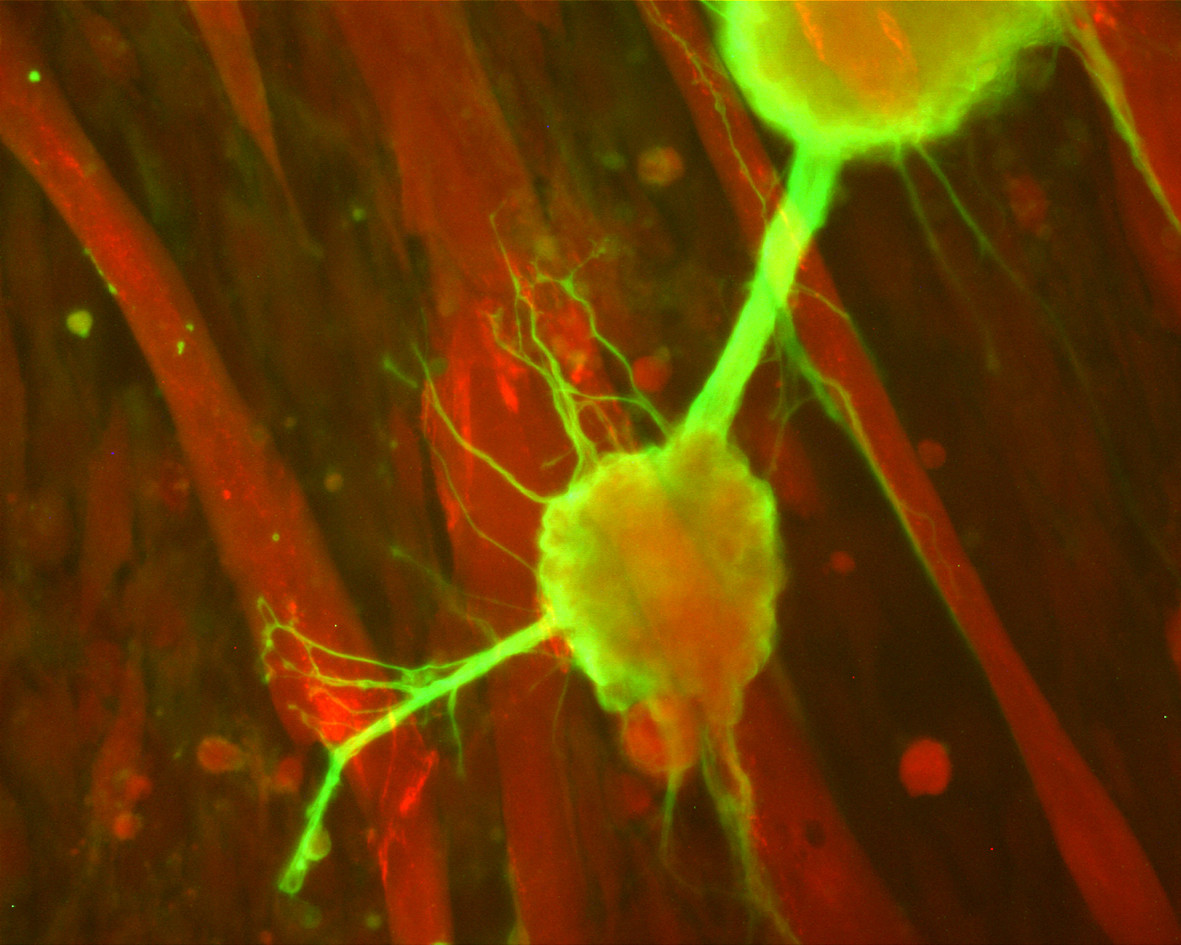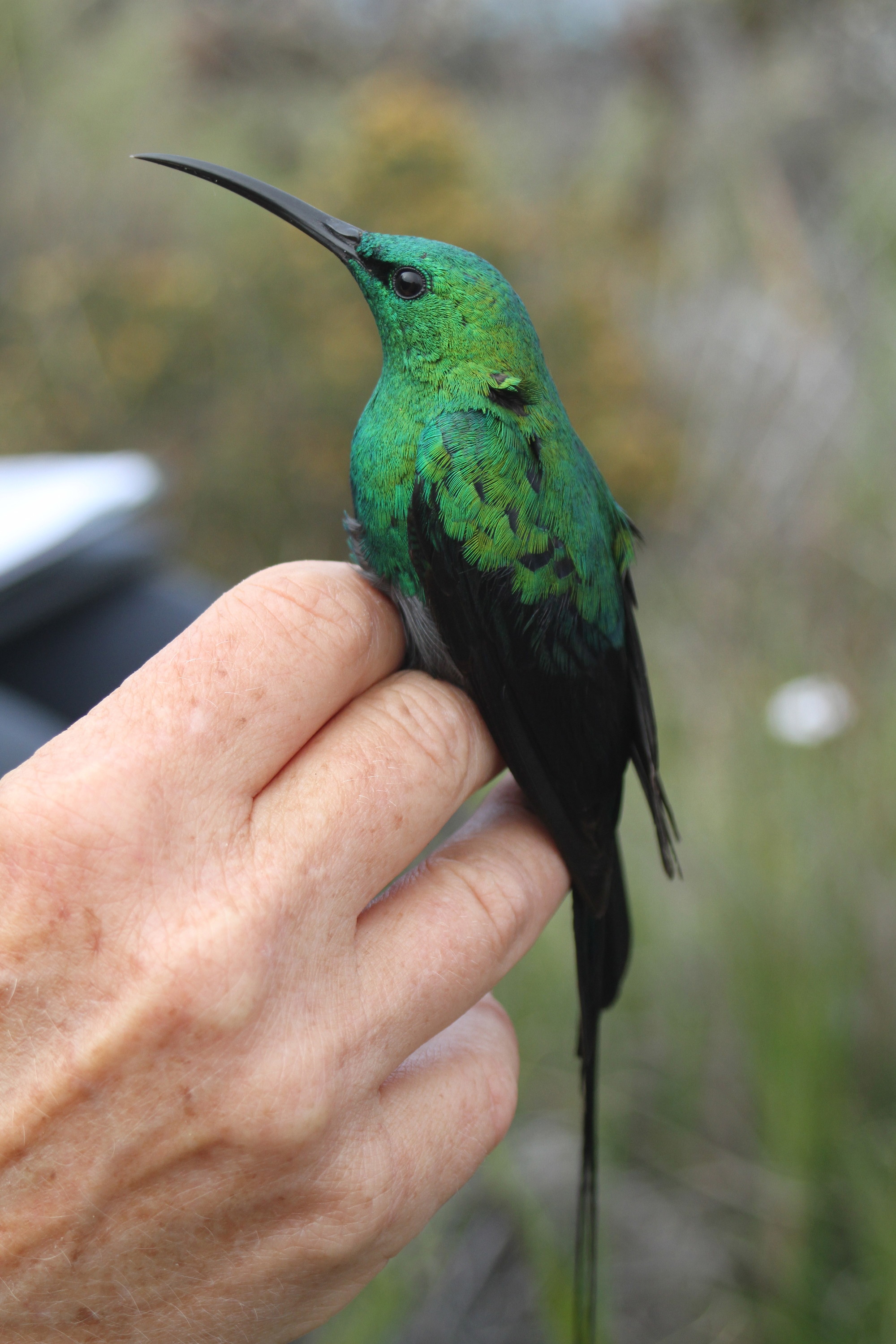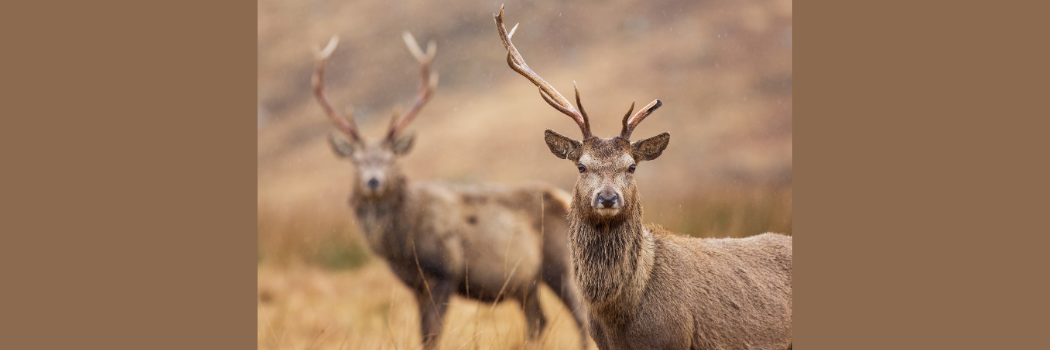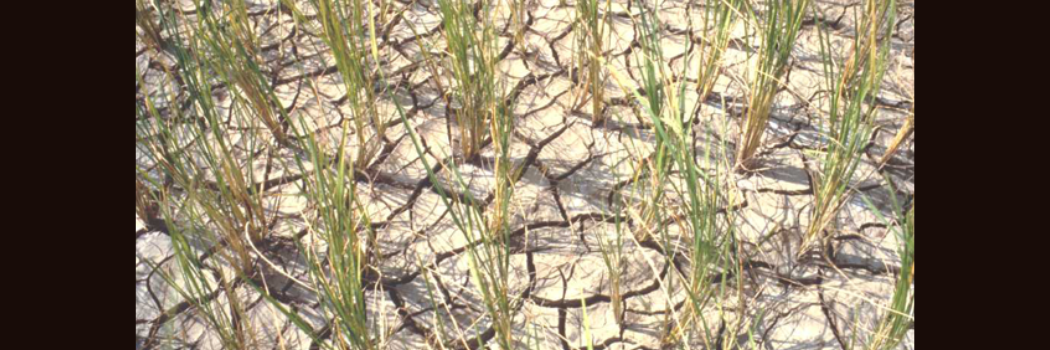MSc Plant Biotechnology and Enterprise
Our taught Masters programme provides essential learning, expertise and business skills for the next generation of scientists and entrepreneurs.
Postgraduate Study
Biosciences is a vibrant, research-led department with a focus on the science underpinning global challenges.
We support a broad-based, sustainability-centred research strategy, informed by scientific advances and national and international priorities. We focus on the science underpinning global challenges in climate change, food security, global health, sustainable bio-manufacturing, biodiversity and replacing animal models in research. In this time of change the study of the biosciences has never been more important.
We have a dynamic community of over one-hundred postgraduate students, who come from all over the world to conduct their research and develop their skills. Research covers the breadth of the biological sciences, and is supported by outstanding research infrastructure in genomics, bioimaging and mass spectrometry, and plant and animal growth facilities. We encourage prospective PhD students to make informal contact with potential supervisors to discuss their interests at an early stage.
At Durham, we provide an outstanding environment for research and education in animal, plant and bacterial biology encompassing expertise from the atomic to whole ecosystem scale. Trained by Durham Biosciences in the skills and knowledge required, our students are able to succeed in a wide range of careers or training environments and help society tackle the challenges for the future.
Study options
We offer two postgraduate study options:
- Taught degrees; MSc Biotechnology, and MSc Plant Biotechnology and Enterprise
- Research degrees; PhD and Masters by Research
Taught Degrees
Research Degrees
Student Experience
A place for you
Our seminar series
Our Students and Staff enjoy attending and participating in our Departmental Seminar series, covering a wide range of biological topics. The seminars give us more opportunities to share, discover, and join in with lively discussions.
What's new?
How tropical plants keep ant rivals peacefully apart by giving them separate ‘flats’
Researchers from our top-rated Biosciences department have uncovered a fascinating way tropical plants in Fiji manage to keep peace among rival ant colonies.

Using GPS trackers to study red deer behaviour in Scotland
Scientists discover how roots sense and respond to water shortage
Climate change driving rise in soil’s antibiotic resistance
New study unlocks pathway to treat chronic pain
Two Durham researchers appointed to lead REF 2029 sub-panels
Medetomidine: what you need to know about the animal sedative turning up in opioid deaths
How tropical plants keep ant rivals peacefully apart by giving them separate ‘flats’
Researchers from our top-rated Biosciences department have uncovered a fascinating way tropical plants in Fiji manage to keep peace among rival ant colonies.



/prod01/prodbucket01/media/durham-university/departments-/biosciences/83453-1-1595X1594.jpg)


/prod01/prodbucket01/media/durham-university/departments-/biosciences/83454.jpg)
/prod01/prodbucket01/media/durham-university/departments-/biosciences/infrastructure-/bioimaging/IMG_0368-589X654.jpg)
/prod01/prodbucket01/media/durham-university/study/international-office-/79149.jpg)
/prod01/prodbucket01/media/durham-university/support-services-/careers-and-employability/45346.jpg)
/prod01/prodbucket01/media/durham-university/external-location-photography-/campus-shots-/teaching-and-learning-centre-/83798.jpg)
/prod01/prodbucket01/media/durham-university/departments-/geography/lab-photos-/83608%5B1%5D.jpg)

/prod01/prodbucket01/media/durham-university/research-/research-centres/durham-centre-for-crop-improvement-technology/members-doing-research/Ari-Sadanandom-(8).jpg)
/prod01/prodbucket01/media/durham-university/departments-/biosciences/83453-1-1595X1594.jpg)
/prod01/prodbucket01/media/durham-university/research-/research-institutes/institute-of-advanced-study/research/membrane750X500.jpg)
/prod01/prodbucket01/media/durham-university/departments-/biosciences/83457.jpg)
/prod01/prodbucket01/media/durham-university/departments-/biosciences/83454.jpg)
/prod01/prodbucket01/media/durham-university/research-/research-centres/durham-centre-for-bioimaging-technology/bioimaging/mcf10a_PABK1_K20-300dpi.jpg)
.jpg)





